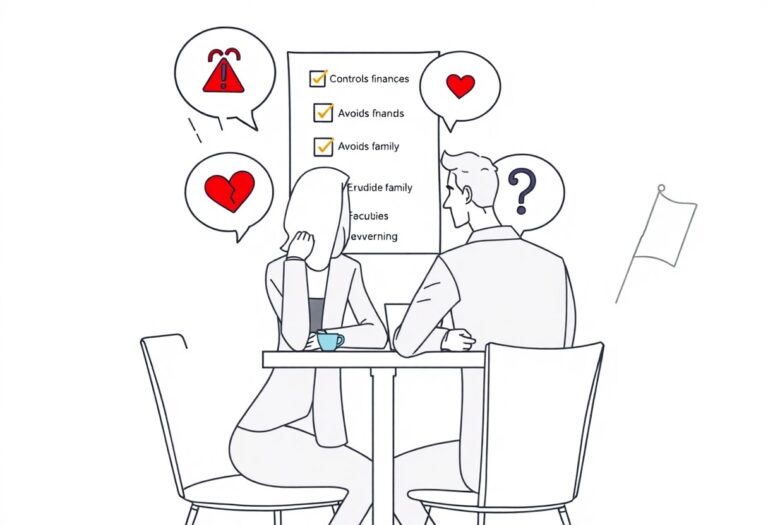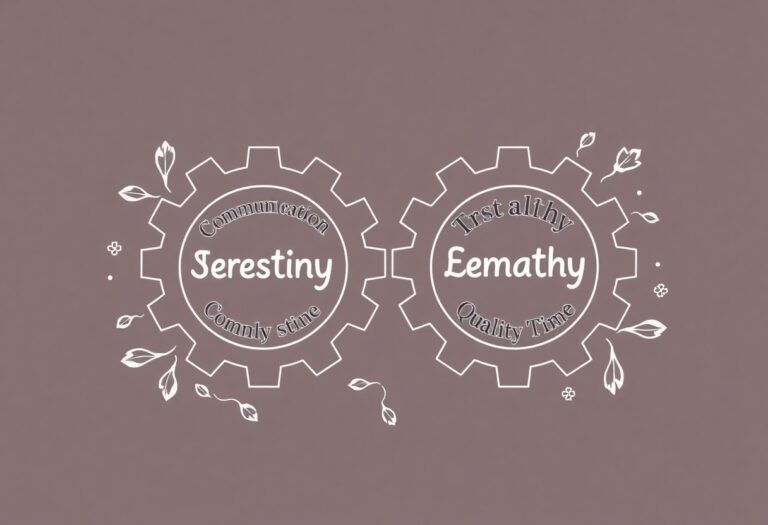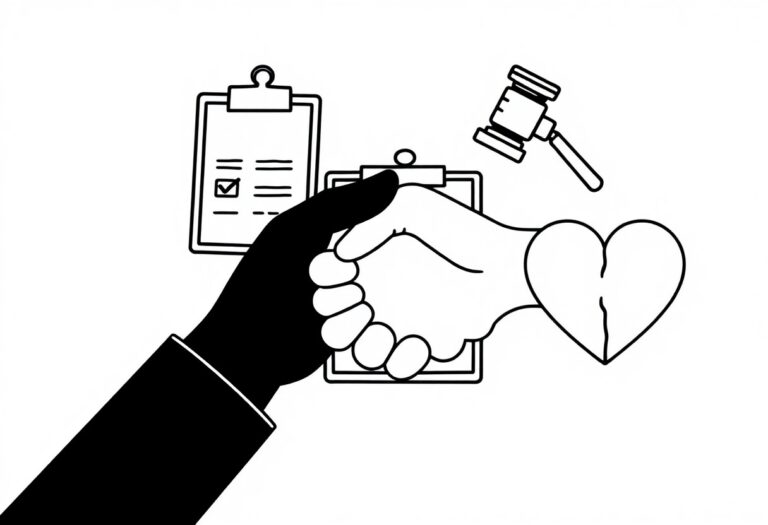Harmonious Resolutions: 8 Best Strategies for Conflict Resolution in Relationships
Best Strategies for Conflict Resolution in Relationships: Any relationship will inevitably experience conflict. Conflicts can emerge and threaten the harmony between spouses, whether it’s a disagreement over funds, competing priorities, or variations in communication styles. Conflict, on the other hand, does not have to be destructive. Conflicts, in reality, can become opportunities for growth and greater connection when treated with understanding, patience, and effective solutions. In this emotional blog post, we will look at ways to resolve disagreements in relationships and develop a more harmonic and understanding friendship.
1. Best Strategies for Conflict Resolution in Relationships: Viewing Conflict as a Learning Experience
Conflict, while unpleasant, provides an opportunity for growth and understanding. Instead of avoiding or repressing disagreements, embrace them as valuable transformation drivers. Recognise that opposing viewpoints and opinions are natural and can lead to inventive solutions and a stronger partnership.
2. Creating a Respectful and Safe Environment
Create a welcoming and courteous environment for open discourse. Establish ground rules that encourage active listening, tolerance for opposing viewpoints, and non-judgmental communication. Encourage one another to share their opinions and feelings honestly and truthfully, without fear of criticism or attack.
3. Empathy and active listening
Active listening and empathy are the foundations of effective conflict resolution. Listen to and comprehend your partner’s point of view, respecting and validating their emotions. Put yourself in their place and try to grasp their fundamental wants and motives. This contributes to forming a foundation of understanding and opens the door to meaningful resolution.
4. Making Use of “I” Statements and Non-Blaming Language
To avoid sounding accusatory or confrontational, use “I” statements when expressing your issues or points of view. Rather than blaming your partner, concentrate on expressing your thoughts and needs. This method promotes a non-threatening environment, which fosters constructive conversation and understanding.
5. Discovering Common Ground
Identify areas of agreement and common goals on which to build. You lay the groundwork for collaboration and compromise by looking for common ground. Finding similar values and aspirations allows you to collaborate on a solution that meets the needs of both partners.
6. Conflict resolution in relationships: Looking for Win-Win Solutions
Strive for win-win solutions that meet the needs of both partners. Instead of trying to “win” the argument, focus on developing creative solutions that respect all points of view. This collaborative approach deepens the connection while also promoting fairness and equality.
7. Taking Breaks and Engaging in Self-Reflection
If tensions arise during a conflict, taking breaks to calm down and gather perspective is critical. Take advantage of this time to reflect on your own emotions and reactions. Consider how you can contribute to a more positive outcome. Returning to the debate with a more level-headed attitude can prevent further aggravation and make room for meaningful problem-solving.
8. Conflict resolution in relationships: Seeking Mediation or Professional Assistance
Seeking mediation or professional counsel might be advantageous in more complex or deeply ingrained issues. A third party not involved in the dispute can provide guidance and facilitate discussion, allowing for a more objective and constructive resolution. Professional therapists or relationship counsellors can provide essential insights and techniques for effectively navigating issues.
Conflict resolution is a necessary skill for developing healthy and satisfying relationships. You can navigate conflicts gracefully and create a more harmonious connection with your partner by embracing conflicts as opportunities for growth, practicing active listening, demonstrating empathy, using non-blaming language, finding common ground, seeking win-win solutions, taking timeouts, and considering professional help when necessary.

Remember that disagreements are not signs of a failing relationship but opportunities to expand understanding, establish bonds, and cultivate resilience. Conflicts may be transformed into transformative experiences that stimulate growth and bring you closer to your relationship with effort, patience, and the correct tactics.
In future blog posts, we will go deeper into specific conflict resolution approaches and real-life scenarios, offering you additional information and support on the Relationship Insights platform. Stay tuned for more helpful information on developing and maintaining good relationships.
Conflict resolution is a never-ending path that necessitates continuing effort and a commitment to grow together. Remember that disagreements will still emerge while you practice these tactics, but you now have the means to handle them with grace and understanding.
Accept the opportunity to settle disagreements in your relationship, recognising that each argument provides an opportunity to deepen your connection, learn more about yourself and your partner, and enhance your bond. You may transform disagreements into stepping stones towards a stronger and more meaningful relationship by cultivating a safe and respectful environment, practicing active listening and empathy, seeking win-win solutions, and seeking professional help when necessary.
Remember, conflicts are not evidence of failure but possibilities for progress. Accept them with an open heart, a readiness to comprehend, and a will to find a solution. You can build a relationship with commitment and patience where disputes catalyse greater understanding, trust, and love.
I wish you a partnership full of harmony, understanding, and shared growth due to successful conflict resolution.
20 Dos and don’ts on First Dates











